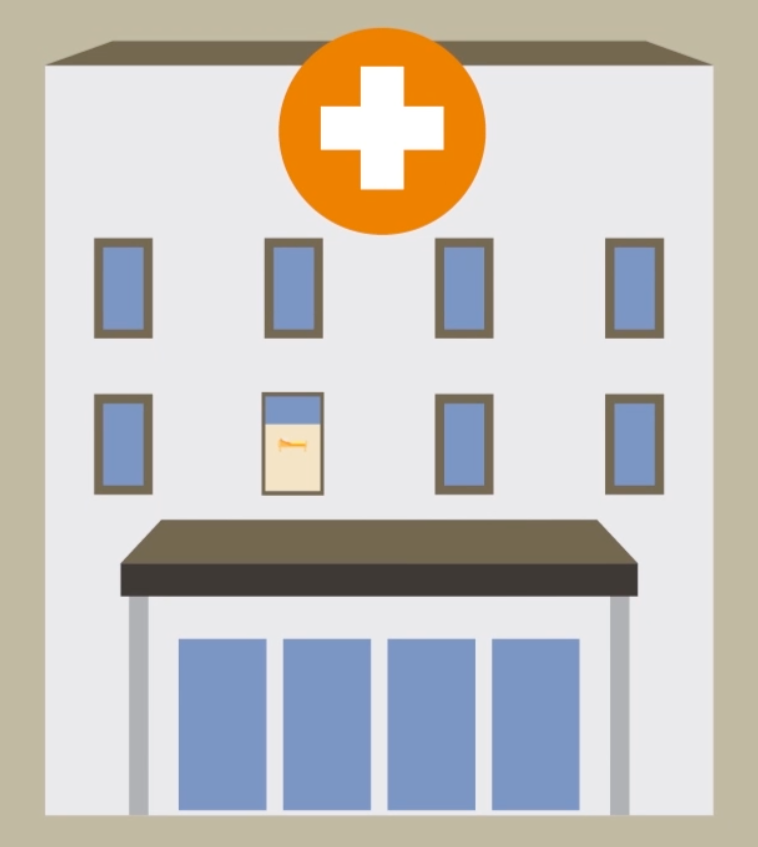
PaySpan – empowering the healthcare economy – May, 2013
PaySpan is the largest US transitional platform between medical providers and payer organizations as they serve more than 450,000 healthcare providers and 5,000 insurance organizations nationwide. Their platform transacts in excess of $50 billion dollars annually. Given the complexities and fragmentation of the healthcare marketplace, PaySpan had a vision to simple the entire patient payer lifecycle though a single transactional platform. It was our job to simplify their own complex array of products and convey a simple, straightforward message to their marketplace relative to the multiple purchasers’ that constitute their client base.
Given my background in healthcare, it was easy to show a deep understanding of their needs and market. Over the next 6 months, we filled in the missing gaps with regards to content by creating a simplified explanation of their product and service offering. We also completed a multimedia, video productions, a website and trade show materials to complete a total marketing and branding package.
Currently, I am negotiating a longer-term, deeper relationship with immense benefits for all parties involved. The next phase of our relationship will concentrate heavily on opportunities within the changing landscape of healthcare reform, such as the Patient Protection and Affordable Care Act that will effective in 2014. In December 2011, the outgoing administrator of the centers for Medicare and Medicaid services, Dr. Donald Berwick, asserted that 20 to 30% of healthcare spending is waste. As most healthcare analyst’s will agree that the primary waste within the healthcare system include an over treatment of patients, failure to coordinate care, the lack of administrative effectiveness and insurance fraud.
In my continuing relationship with our client, I believe that we will be able to position PaySpan in such a manner that they would be able to play a integral role in positively impacting the cost of insurance, enhanced quality of patient care and coordinated medical visits that may ultimately reduce medical care inefficiencies through their unified service platform. In essence, they would be the empowering force within the healthcare economy.
